Nigeria is a West-African country with more than 211 million inhabitants - the most populated country in Africa. Although Abuja is Nigeria's capital city, the largest metropolitan city is Lagos, with more than 14.8 million people living in the city and about 10 million people living in the surrounding area. Lagos is among the top ten fastest-growing cities and urban areas worldwide.
Nigeria is home to more than 250 ethnic groups who speak more than 400(!) languages, the three major ones by numbers of speakers being Yoruba, Igbo and Hausa. As you can imagine, the sheer number of different languages makes communication rather difficult. Since Nigeria was colonised by Great Britain in the 19th century, English has become the lingua franca and the official language, and is widely used in education and business. It is predominantly used in the country's urban areas - in the rural areas, people mainly communicate in indigenous languages.
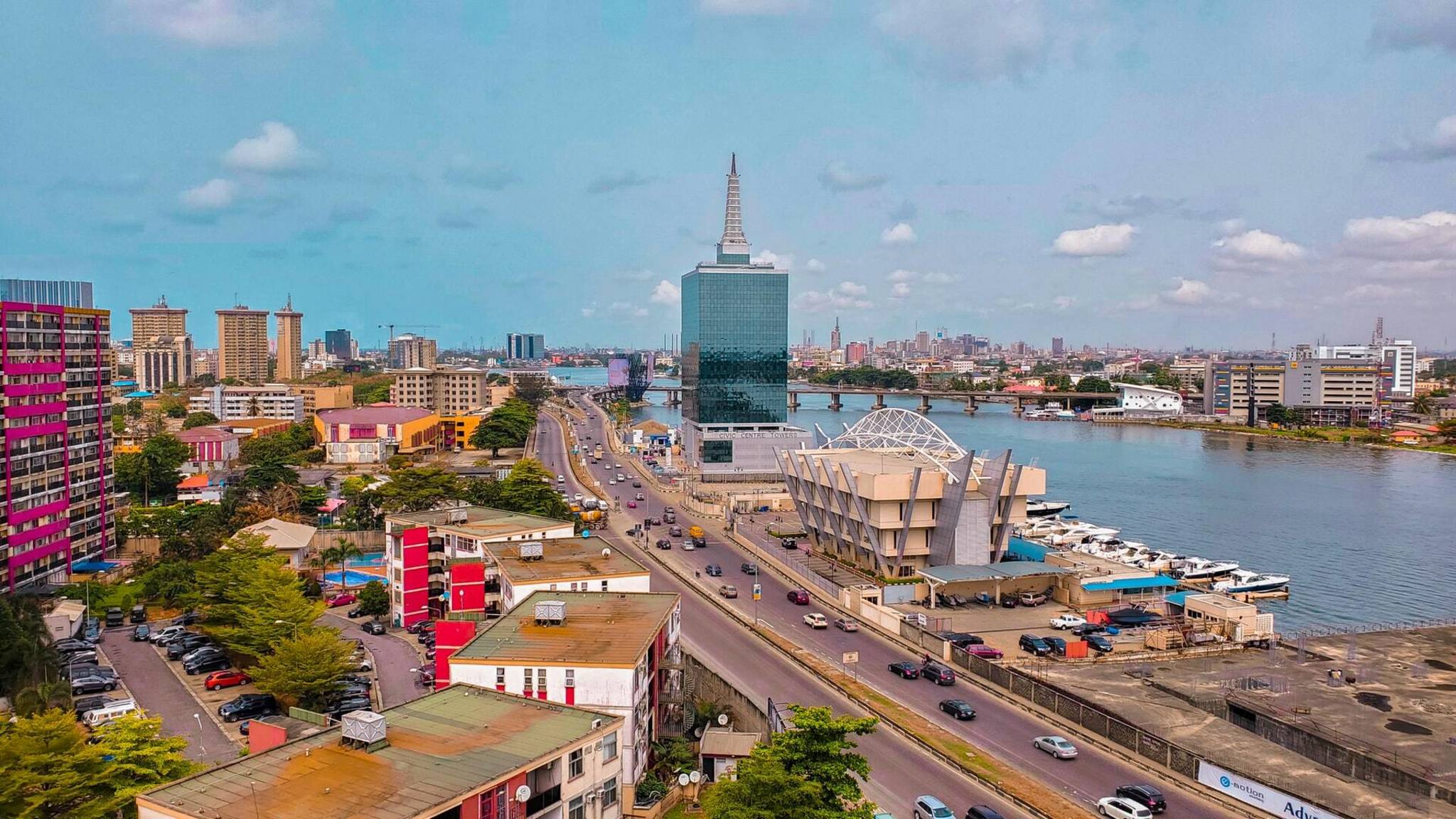
§
unsplash
2. English... to unite
2.1 Focus on Nigeria
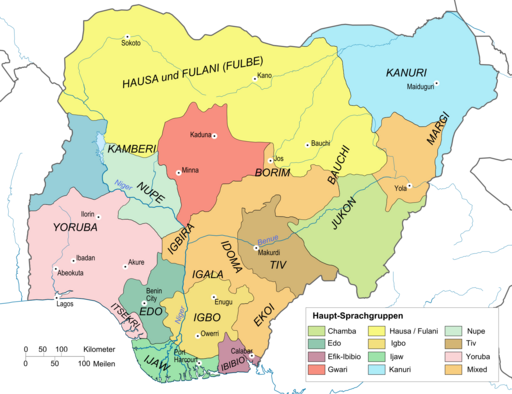
§
Urheber: wikimedia
The languages of Nigeria include over 500 native languages. On the map you find the main language groups.
§
2.2 How English is used in Nigeria
Task
Have a look at the pictures: Where and how is English used in Nigeria?
§
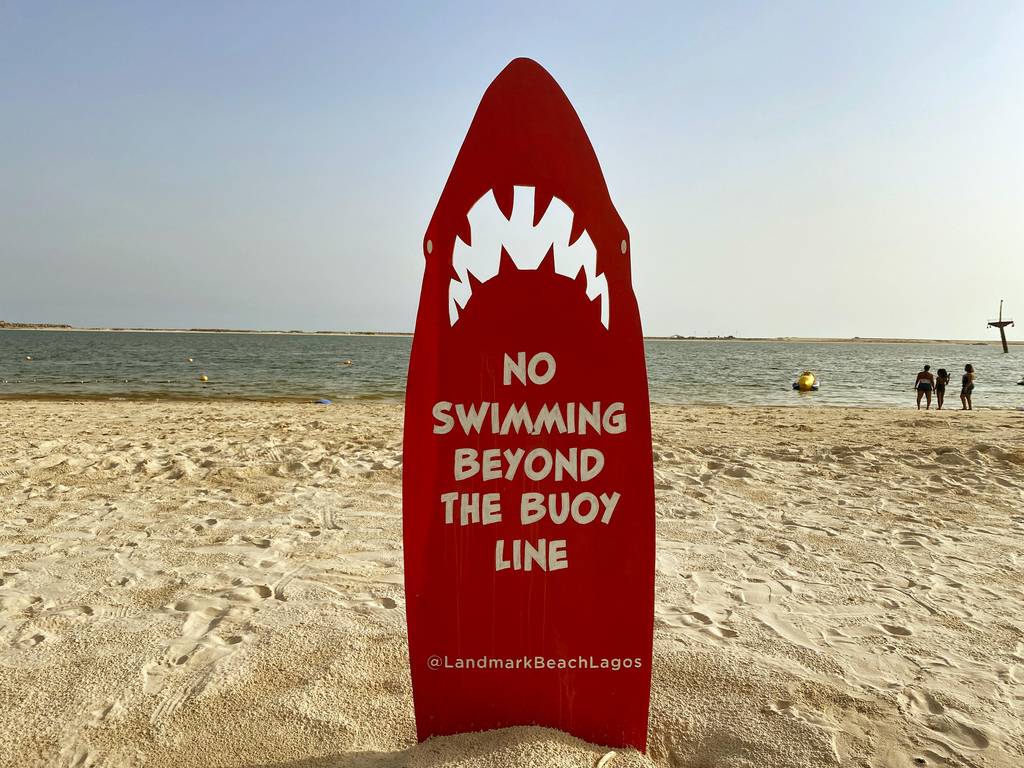
§
Urheber: Babatunde Olajide
unsplash
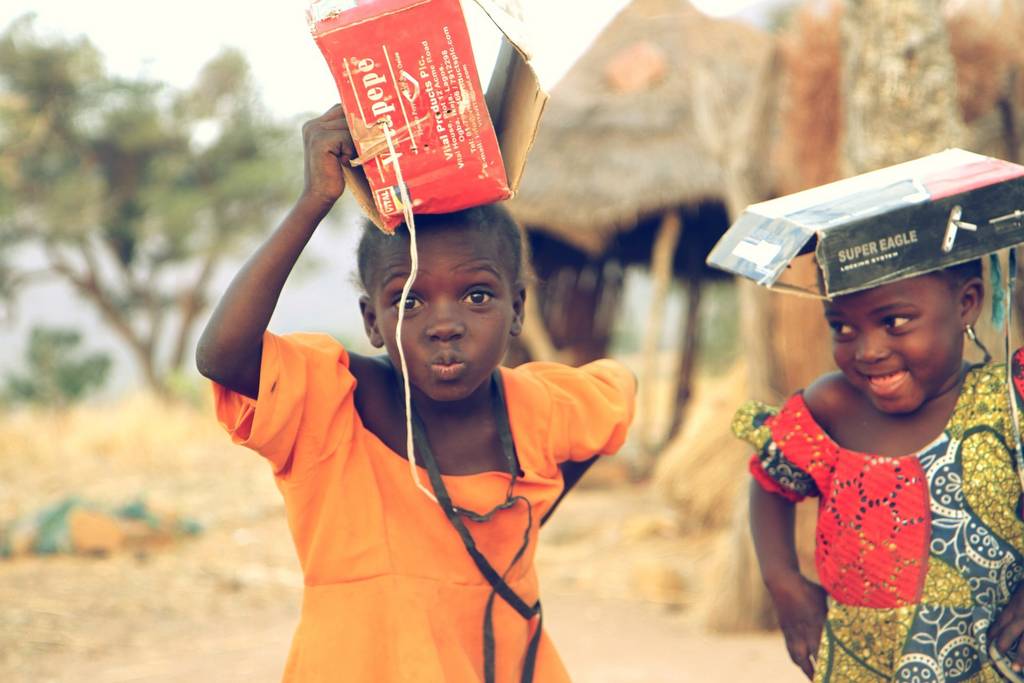
§
Urheber: raphealny
pixabay
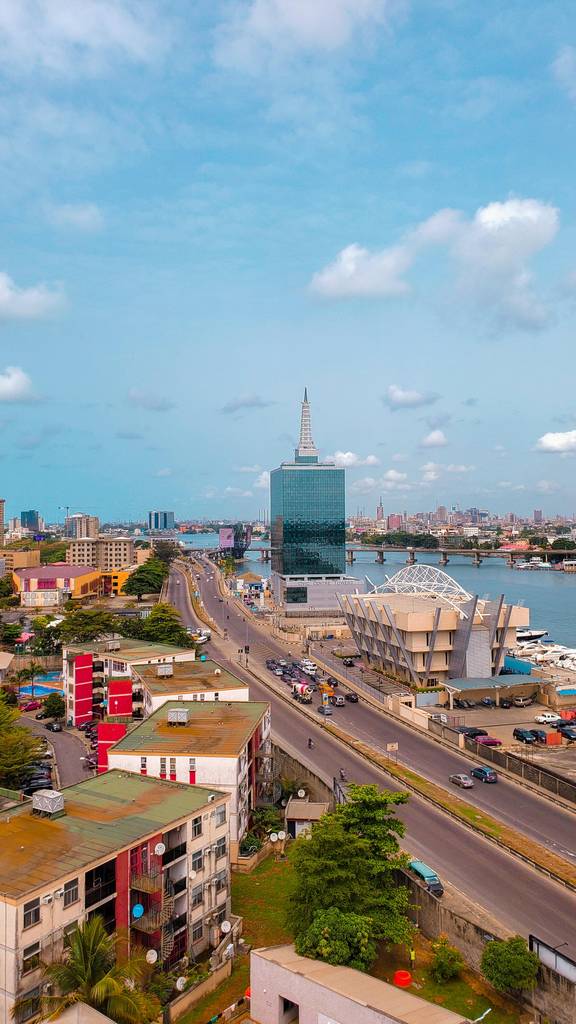
§
Urheber: Nupo Deyon Daniel
Unsplash
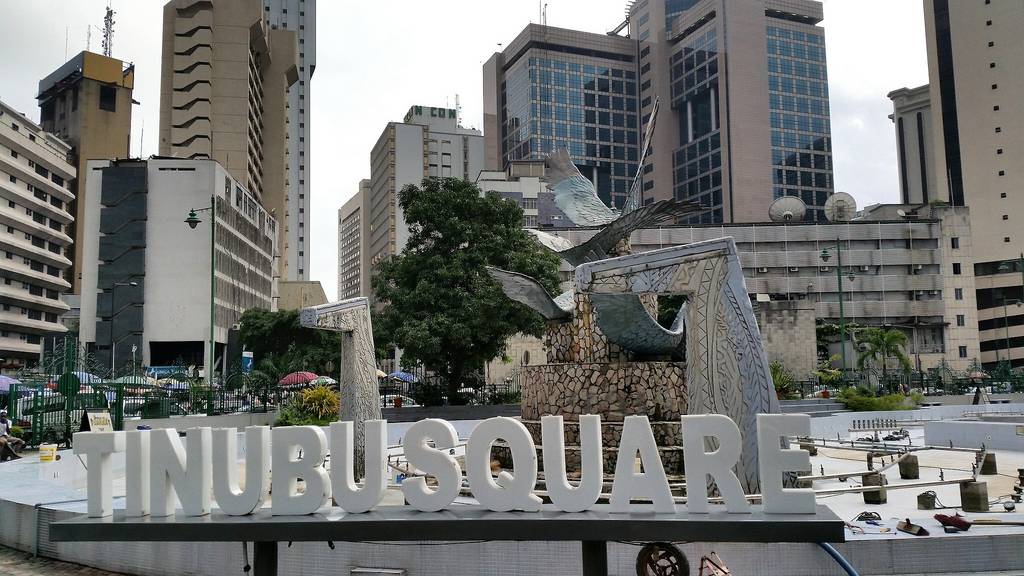
§
Urheber: wikimedia

§
Urheber: Unsplash
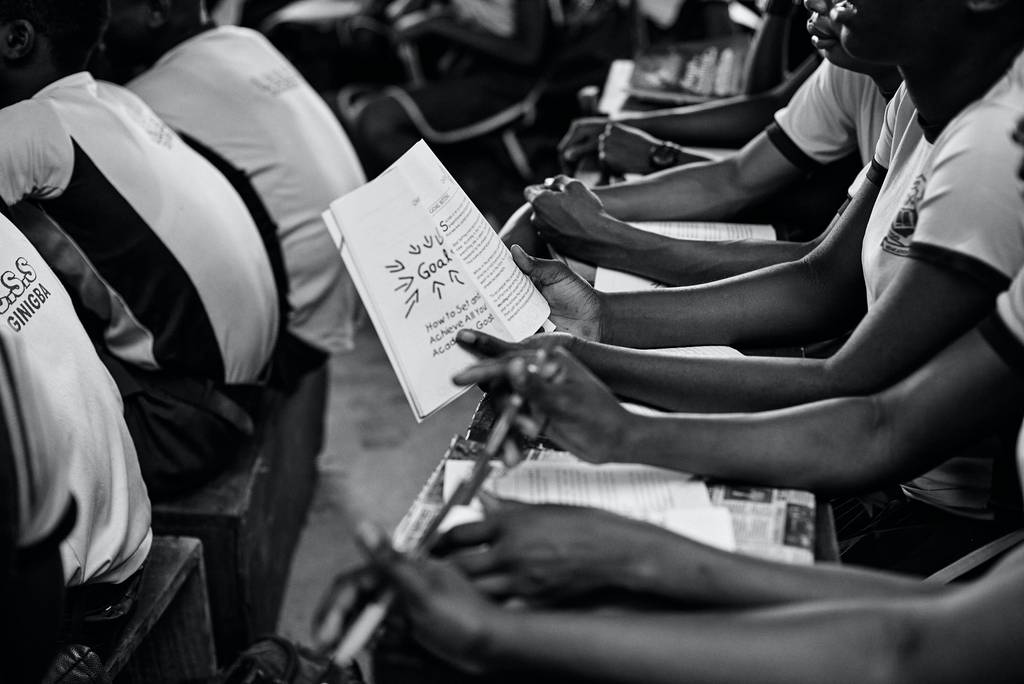
§
Urheber: Emmanuel Ikwuegbu
Unsplash
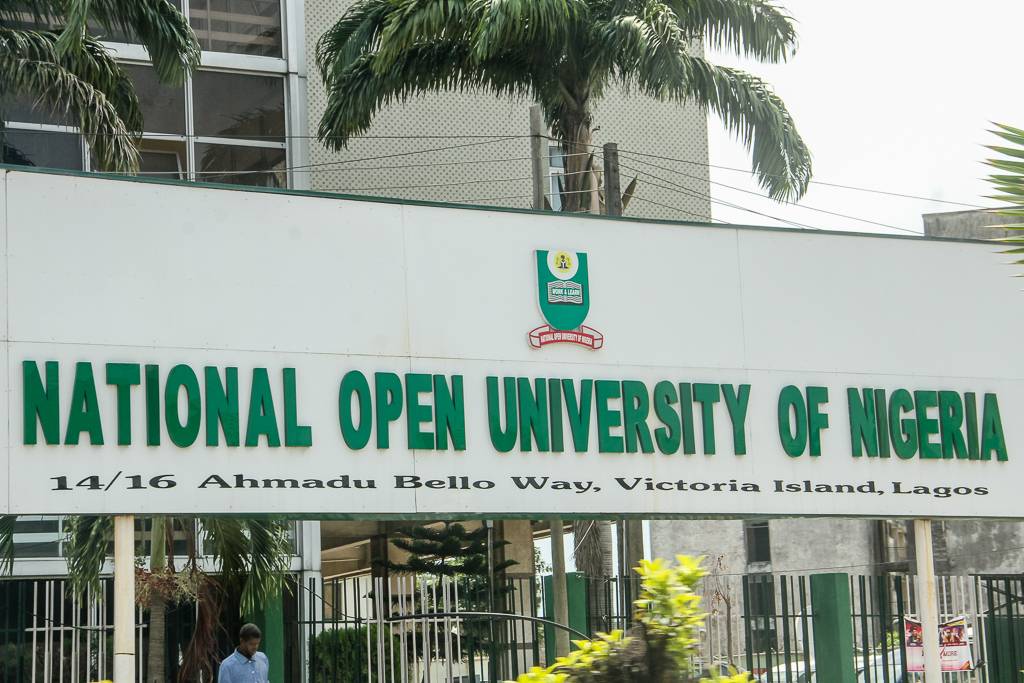
§
Wikimedia
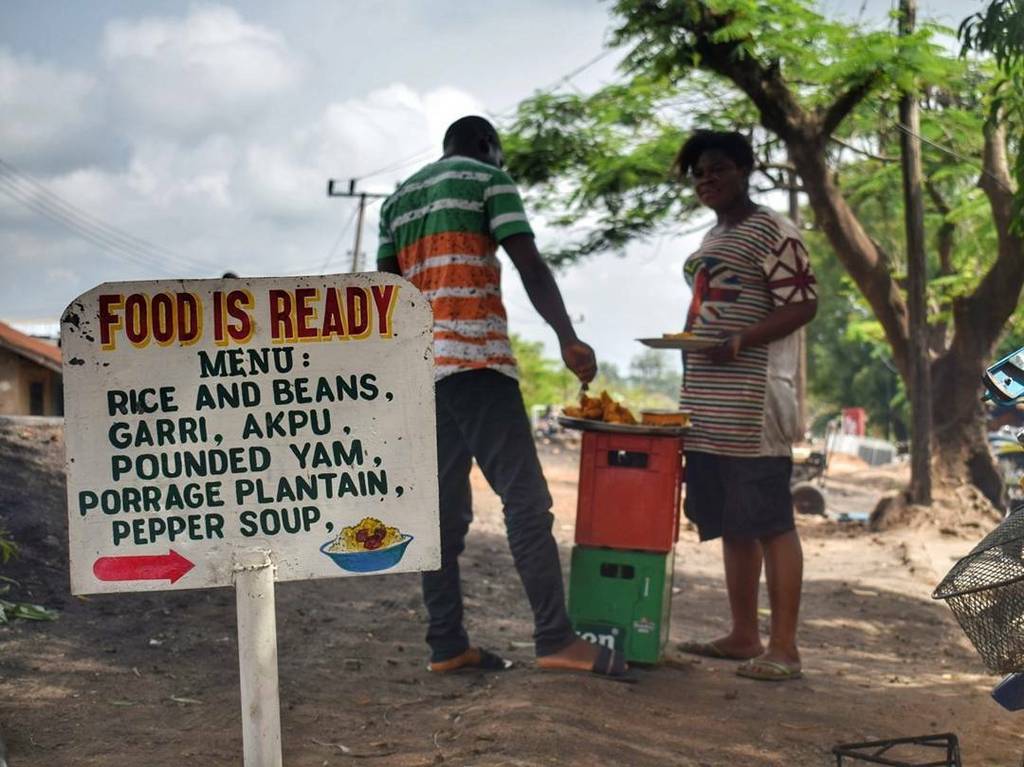
§
Urheber: Ferran Catalán
Wikimedia
Task
Listen to Emmanuel explaining how English is used in Nigeria. Then complete the tasks below.
§
§
Urheber: Digitale Lernwelten GmbH
2.3 The different Englishes of Nigeria
Task
Read more about the three different Englishes of Nigeria. Then complete the drag-and-drop task below.
§
Nigerian Standard English
Nigerian Standard English
§

§
Urheber: Eze Ifeanyichukwu Ogbonnia
Wikimedia
Danfo conductor
Nigerian Standard English is based on Standard British English and is mainly used in official contexts (i.e. education) in spoken and written form. But since language needs to reflect the culture of the country where it is spoken, Nigerian Standard English includes a large number of loanwords from other Nigerian native languages that have no direct British English equivalent. For example the words „danfo“ and „okada“. Both are different modes of transportation - but they are non-existent in Britain. Consequently, in Nigeria you „can either go by danfo or by okada.“ Also, some British English words have undergone a so-called 'semantic shift' - their meaning has changed. For example the word „stranger“ not only has its Standard English meaning (a person whom one does not know), but also means „visitor“: „He has a stranger this evening.“ means „He has a visitor this evening.“

§
Urheber: deveshubaNg
Wikimedia
Okada driver
Broken English
Broken English
§
The term „Broken English“ is often used interchangeably with „Pidgin English“ - but it is a different type of English. „Broken English“ is actually a pejorative term - it implies that this kind of English is broken, incomplete, faulty. It is used (mainly by native speakers) to describe a kind of English spoken by non-native speakers that violates the basic grammatical rules. For example,
„Me like see you.“ means „I want to see you.“
„Me is come see you tomorrow.“ means „I will see you tomorrow.“
In Nigeria, Standard English is very much a „white collar“ language - it is mainly used in official contexts and by more educated people. Less educated people often speak Broken English - it is their attempt at speaking the language without ever having received proper education in the language.
Broken English still aims at the Standard English norm. Therefore, foreigners might understand someone speaking Broken English better than someone speaking Pidgin.
West African Pidgin
West African Pidgin
§
A pidgin language is a linguistic fusion - it is a language that contains lexical and grammatical features from two or more languages. However, it usually has a smaller vocabulary and simplified grammar in comparison to the original languages. It is used for communication between people who do not speak a common language.
West African Pidgin uses many English words, but mostly the structure of the indigenous languages. It is mainly an oral language. It may be occasionally used in writing, but there is no standard written form.
West African Pidgin started in the 18th century as a trade language between Africans and Europeans and is one of the most widely spoken languages in Nigeria, Ghana, Cameroon and Equatorial Guinea today. As Pidgin is a mixture of English and local languages, it sounds different in each country, but the different versions are still mutually intelligible.
West African Pidgin is constantly changing and creative: „It's quite fluid, it keeps changing all the time and it's expressive as well.“ (Bilkisu Labaran, head of the new BBC language services for Nigeria)
In Nigeria, an estimated number of 3-5 million people use Pidgin as their primary language in everyday life, and up to 75 million people speak it as a second language.
Linguistically, West African Pidgin is actually no longer a Pidgin language, but a Creole Language, because its grammar has become more consistent, it has a large, stable vocabulary and it is in fact acquired by children as their native language.
2.4 A closer look at West African Pidgin English
Task
Listen to Emmanuel giving examples of Pidgin English in Nigeria. Then try to solve the quiz below.
§
§
Urheber: Digitale Lernwelten GmbH
2.5 West African Pidgin - Can you guess the meaning?
Optional:
- Can you figure out some rules of Nigerian Pidgin English by looking at the examples?
- Which other languages seem to have influenced Nigerian Pidgin?
- Can you find words that you know from other languages?
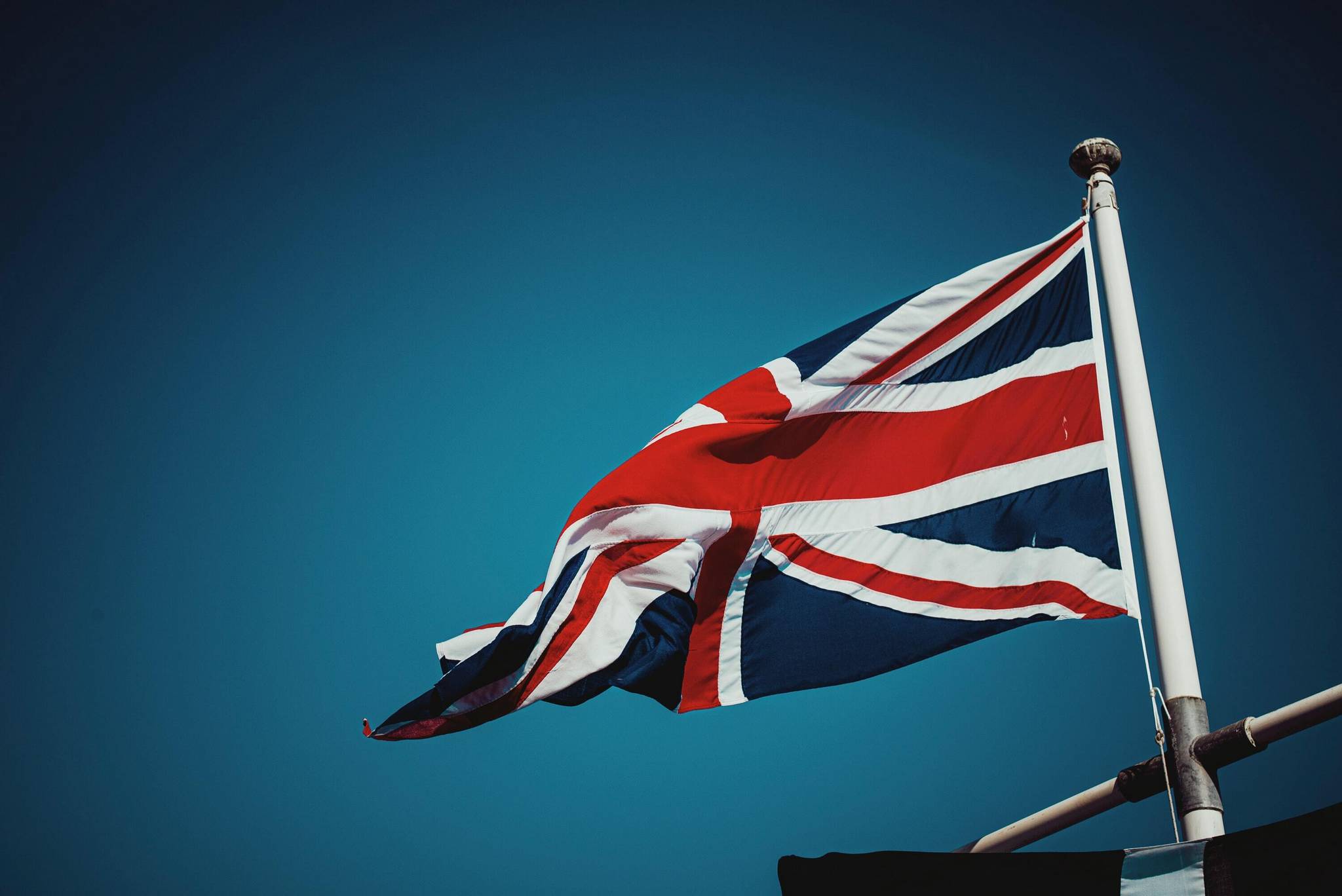
§
unsplash
2.6 Former colonisers 'capturing' the language again?
In 2018, Prince Charles visited Lagos, Nigeria. During a speech he gave, he used a few Pidgin phrases.
§
Task
Watch the video to listen to Prince Charles speaking Pidgin, and also find out what the phrases mean and what people in Nigeria thought about it.
§
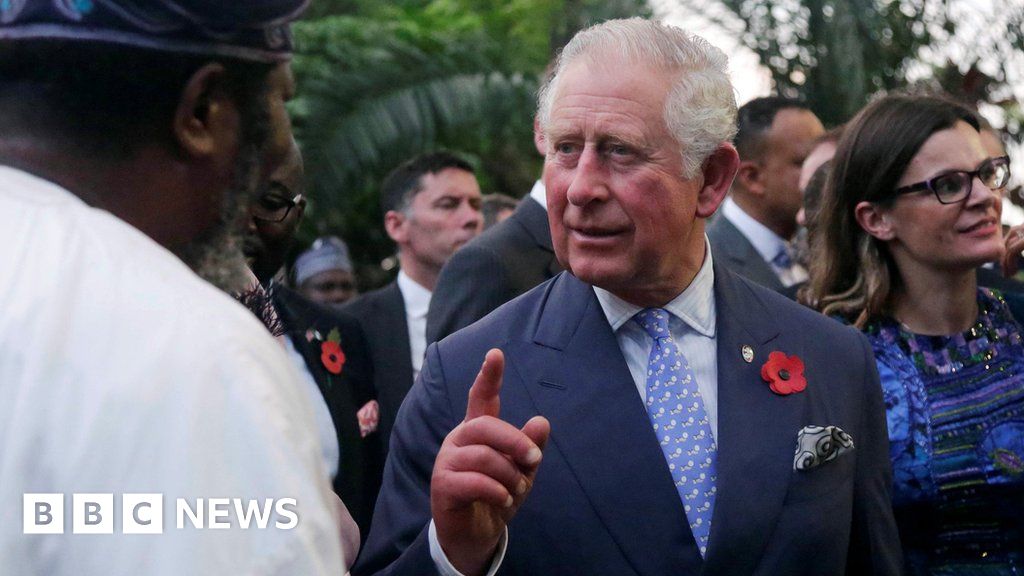
§
Task
Discuss:
- What do you think about Prince Charles' attempt at speaking Pidgin?
- What might have been his intention?
- Do you think it was a good idea? Why or why not?
- What feelings might come up in the audience?
§
In 2017, the BBC started BBC News Pidgin - a news website entirely in West African Pidgin.
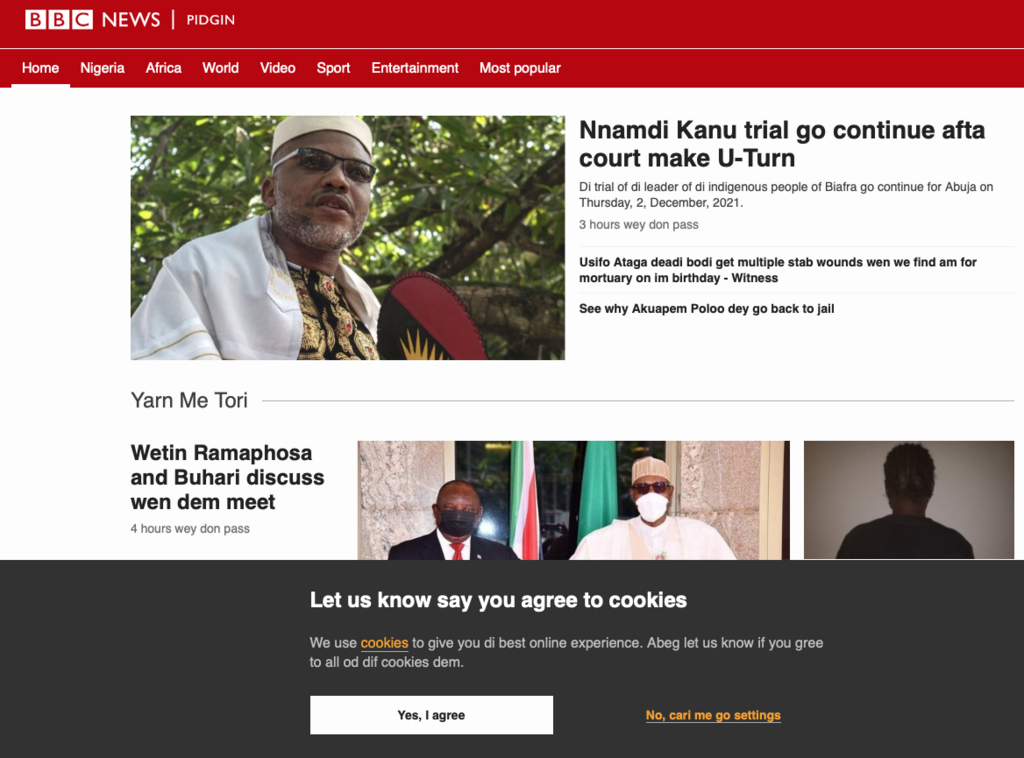
§
© BBC
Task
Discuss:
- What might have been their motive?
- And what possible challenges did the BBC face?
Task
Compare your discussion results with the following quote:
§
BBC News Pidgin - Goals and challenges
BBC News Pidgin - Goals and challenges
§
„It was important that by setting up the service the BBC was not focusing on covering negative reports about Africa, but connecting the continent's needs and aspirations(...)
We had many challenges, the key one being that Pidgin is a largely spoken language and hardly has a commonly agreed spelling or written format. So in the beginning we were constantly challenged by audiences in Ghana who thought certain words should be spelt the Ghanaian way, while Cameroon audiences would disagree just as Sierra Leonean, Liberian and Nigerian audiences would prefer a different approach.
We have had to take the lead by gradually aiming to standardise Pidgin as spoken and written across West and Central Africa, whilst creating some form of generally acceptable usage.“
Adeyuwon Soyinka, editor BBC News Pidgin on https://www.bbc.co.uk/blogs/aboutthebbc/entries/c6b3da72-9034-41a5-815b-b4df77a35154
2.7 Optional:
a) Browse the BBC News Pidgin website, read some articles, listen to the BBC Pidgin Minute about World News, and watch a video to get a feeling for West African Pidgin: https://www.bbc.com/pidgin
b) Read this Guardian article by a Nigerian for more background information, examples and to understand why the writer thinks that Pidgin beautifully displays Nigerian creativity and inventiveness: https://www.theguardian.com/commentisfree/2017/aug/22/bbc-pidgin-english-language-africa-nigeria